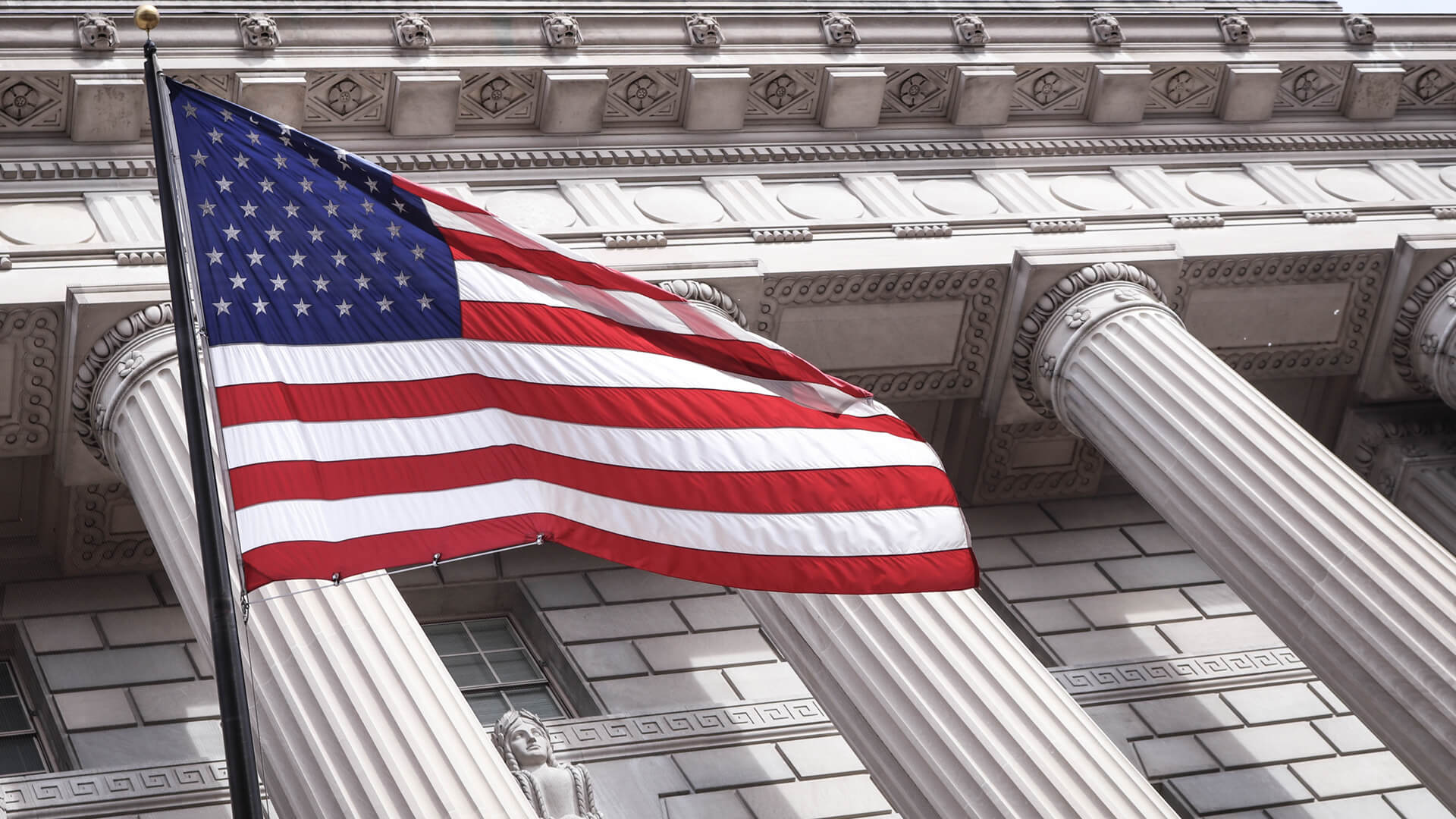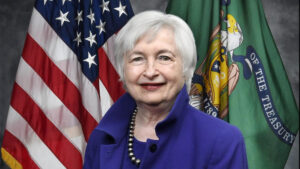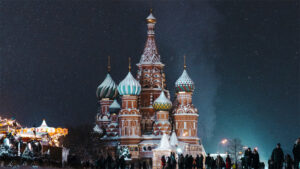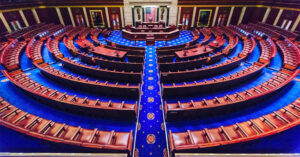Donald Trump’s past week has been eventful, travelling to Brussels for a NATO summit, London for a meeting with the Queen and the UK prime minister, and Helsinki for a much-ballyhooed summit with his Russian counterpart, Vladimir Putin.
Trump was his usual self, denigrating allies and organizations that the United States itself created and runs. A friend of mine in the foreign policy community referred to Trump’s actions at the NATO summit and in the United Kingdom as the equivalent of taking a huge, steaming s**t on the entire Western world. And then in Finland, Trump indicated he believed Putin’s word over the American intelligence community and the Justice Department when it came to accusations of Russian meddling in the 2016 presidential election. Trump has since clarified that’s not quite what he meant, but it was clear from his tone and caveats that his “clarification” was written by someone else. Best guess on the author: White House Chief of Staff John Kelly (who reportedly went all Marine General on his boss upon his return from Helsinki.)
Back in the States, pushback to Trump’s statements – particularly to the Helsinki summit were… thorough. I have yet to see anyone in the world of American media that was not at least partially pissed off. Even Fox and Friends, by far the U.S. president’s favorite news show, was less than complementary.
I was particularly taken aback by the sudden explosion in the use of a word that doesn’t often crop up in American political discussions: treason. First used by former CIA Director John Brennon, the word’s use quickly spread across the internet to permeate the American political conversation.
It is not, in my opinion, very useful.
Treason is the crime of betraying one’s country, in particular by attempting to overthrow the government, attempting to kill the sovereign, providing assistance to a foreign power against the United States in war time, or providing aid and comfort to a foreign government. Considering that Trump is the head of the American government and the United States and Russia are not at war, making a legal case for the first three of these conditions is impossible. That just leaves “aid and comfort” – and if the full power of the United States government cannot manage a treason conviction against someone like Walker Lindh, it is difficult to envision someone making charges stick against the dude in charge of the U.S. government.
The people using the “t” word cover a disturbingly wide spectrum. The first are those who believed they could and should impeach Trump before he even got into office. These are the people who do not analyze, but instead – much like Trump – react by instinct. Trump’s particular… style… amplifies this visceral reaction. No matter what happens, their scripts are written until the day Trump is no longer president. I don’t pay too much attention to this crowd.
The second are the more reasoned critics, on both the Left and Right, reacting to Trump’s statements and actions. Some of these critics have been vocal from the beginning – like the Never Trump crowd – while others have tried to avoid the fray. Their ranks are growing – and getting louder.
These two groups combined cover a growing swath of the American public and policy establishment. The primary implication of the growth of these groups is that their size and volume make it more difficult for the American president to manage domestic affairs. That by default forces the president into the realm of presidential power over which Congress and the public play little role: foreign affairs. That’s right folks. Trump is going to do morestuff like this recent Europe trip because it may soon be all he can do.
It’s the third group openly discussing treason that really gets my attention: those who have made it their lives to serve and defend the United States during the Cold War and beyond, for whom the Russians have always been public enemy number one. The idea that an American of any stripe – especially the Commander and Chief – would actively seek a friendly relationship with a foreign leader and country who has proven so consistently, pathologically, and above all recently hostile to American interests to them is a world turned upside down.
But therein lies the problem. We are in a world turned upside down. This groups’ reaction is more a reaction to that altered reality than it is to Trump.
The global Order is out of date to the point that it was going to break apart no matter who won the 2016 elections. We can argue back and forth over the details of how a President Clinton would have been different – and there are many – but the core issue is the American people have lost interest in managing the global system. Without ongoing American involvement, that system was doomed.
The real problem here is that the generally calm, reasoned national security community – the soldiers, diplomats, and intelligence teams that keep us all safe, the people who represent the vast bulk of American expertise on all issues foreign policy – are working from a playbook that dates back four presidential administrations. Trump is hardly the only American president guilty of abdicating America’s global vision – it was a failing of the Clinton, W Bush and Obama administrations as well. What is different about Trump is that he is not even giving the old playbook lip service. Instead he is leading by instinct, and demonstrating that instinct can still reveal truths… truths that have been apparent for 29 years.
As regards Russia, I’m not a fan. Never have been. I tend to not like countries that have pointed nuclear weapons at me my entire life. But Russia is no longer the United States’ primary enemy and hasn’t been since 1989. That’s not because Moscow has started acting like Minnesota, but because the Soviet collapse and Russia’s relative weakness means that containing Moscow with a globe-spanning alliance is no longer the lens through which the Americans view everything. America needs to update its strategic policy, and pick and choose friends and foes as guided by that updated policy. And with that update, who knows, Russia may well be something other than a foe. You don’t have to delve too deeply into history to find examples of the Americans partnering with unsavory elements in order to defeat more unsavory elements: Mao against Stalin, Stalin against Hitler.
Putin against al Qaeda.
That doesn’t mean Trump’s actions are wise or productive. That doesn’t mean Trump has a plan. Of course there are better ways to do this. There are aspects of the NATO alliance – in particular members of the NATO alliance – that are worth maintaining. Even cutting NATO into bait would be more productive than the path Trump has chosen. But the bottom line is the Order is gone, and so far the only person who seems willing to admit it, however frustratingly, is the man at the top.
I get why the American foreign policy class feels overwhelmed, offended. Betrayed. After a quarter-century of American leadership largely ignoring them or sending them on wild goose chases through the Middle Eastern Sandbox, they now have a leader who has torn up the script they’ve been following their entire adult lives. It isn’t that they are wrong about the risk to the international order, per se, but instead that they are late to the party. What comes next for the world is scary, particularly after decades of relative stability and prosperity. The American policy establishment (much less the public) is panicking and stampeding for the door. It hasn’t yet realized that there is no going out the way we came in. Until that sinks in (and probably well beyond), Trump will be blamed as the cause. There is plenty of criticism for the quick, ugly, instinct-driven way Trump is severing America’s ties to the world, but there are far greater forces at work than a real estate mogul from Queens.
Instead of panicking through the saddest party of the century, the Americans need to find a new way forward. That’s impossible without a national conversation on what America wants out of the world, and it is certainly impossible without a president who actually engages with his own people. Until the United States figures out that new strategic policy, we will be living in a world in which the Americans are not a force for Order, but instead the greatest wild card in history.








